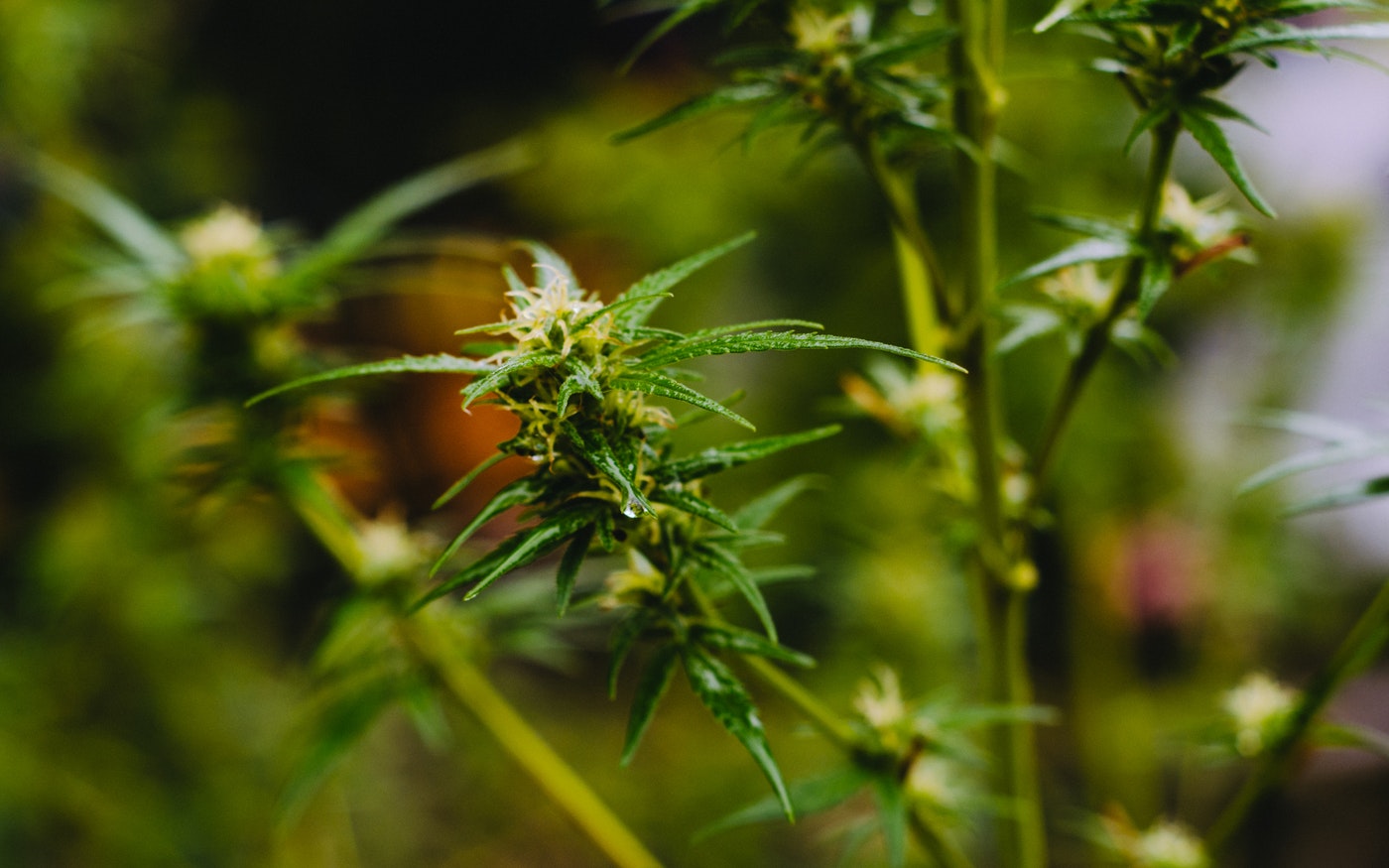The U.S. Drug Enforcement Administration (DEA) recently announced that it will remove some cannabidiol (CBD) from its Schedule 1, which would allow the recently approved CBD-infused medication to be federally legal, per Hemp Industry Daily.
Last June, the U.S. Food and Drug Authority (FDA) has approved GW Pharmaceuticals’ Epidiolex, the first drug with CBD as an active ingredient to be approved by the agency.
So far it is the only CBD medication that made into DEA’s new scheduling because of several conditions. According to the agency’s announcement, only finished dosage formulations of CBD with below 0.1 percent tetrahydrocannabinol (THC) will be considered as Schedule 5 drugs, making Epidiolex federally legal.
Schedule 5 drugs or substances are defined by the DEA as drugs with a lower risk of abuse, which normally include drugs with anti-diarrheal, antitussive and analgesic purposes, according to the agency’s website. Some examples of these drugs include Lyrica and prescription-strength Robitussin with codeine.
For the CBD industry, this is a rather momentous event, as this is the first time in 46 years that the DEA has changed its position towards cannabis. However, bulk cannabis materials used to extract CBD will still be considered as Schedule 1. This means that it would be still illegal to produce CBD in the U.S.
According to Business Insider, the agency has been strict towards cannabis since 1972. The attorney general at the time considered cannabis a Schedule 1 drug with “no currently accepted medical use.”

What consumers can expect
Epidiolex is so far the only CBD medication that meets DEA’s standard, but the changes could eventually affect other CBD formulations. Instead of rescheduling CBD as a whole, the agency only rescheduled CBD-derived medications, which means people could expect more CBD medications to be developed in the future. One of many hindrances is that these CBD products have to be approved by the FDA first before they can be considered as Schedule 5 substances.
This event has also encouraged both CBD and pharmaceutical companies to explore more practical use for CBD that may be considered by both the FDA and the DEA.
Great news for certain patients
This ruling is also great news for some patients, particularly those who are suffering Lennox-Gastaut syndrome and Dravet syndrome, two rare types of epilepsy, as Epidiolex is especially made to treat these conditions for patients two years old and above.
With this ruling, agencies like Centers for Medicare and Medicaid Services may now consider including Epidiolex in health insurance companies’ coverage. This would really help as this treatment may cost $32,000 per year, per Business Insider. Doctors can now also easily prescribe this drug to their patients without any regulatory hindrances.
This is just a start of many regulatory changes towards CBD. We may expect a wider access to a variety of CBD products in the near future if more tolerant regulations continue to get approved.



